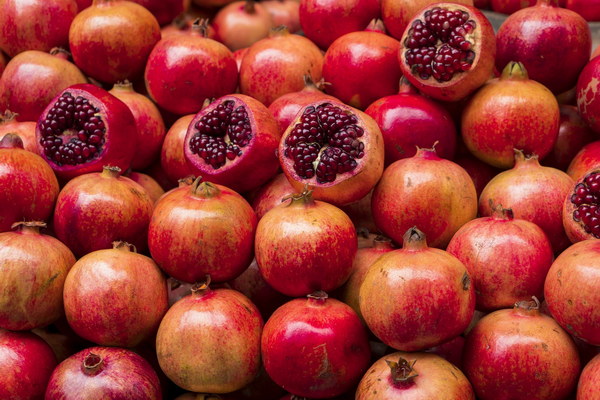The Time-Honored Philosophy One Environment, One People - Exploring the Connection Between Chinese Herbs and Local Cuisine
In the realm of traditional Chinese medicine, there is an ancient adage that holds profound wisdom: One environment, one people. This principle, deeply rooted in Chinese philosophy and culture, posits that the unique characteristics of a region's environment, climate, and terrain directly influence the physical and mental well-being of its inhabitants. This concept has been passed down through generations, and it has become an integral part of the Chinese culinary tradition, particularly in the realm of herbal medicine and nutrition. This article delves into the fascinating connection between Chinese herbs and local cuisine, illustrating how this age-old wisdom continues to shape the health and vitality of the Chinese people.
The foundation of this philosophy lies in the belief that the natural elements of a region, such as the soil, water, and climate, play a crucial role in shaping the health of its people. As such, traditional Chinese medicine has long recognized the importance of adapting one's diet and lifestyle to suit the specific conditions of their environment. This is where the concept of one environment, one people comes into play.

Chinese herbs are an essential component of this philosophy, as they are believed to possess properties that can help the body adapt to its environment. For example, certain herbs are known to have a cooling effect, making them ideal for regions with hot and humid climates, while others are considered to have a warming effect, which is more suitable for those living in cold and damp areas.
Local cuisine also plays a significant role in this philosophy. The ingredients used in a region's cuisine are often chosen based on their ability to nourish and balance the body's internal environment. For instance, in the coastal regions of China, where seafood is abundant, people tend to incorporate more seafood into their diets, which is rich in essential nutrients and believed to help maintain a healthy balance of body fluids.
One classic example of this principle in practice is the use of ginseng in northern China. Ginseng is a well-known herb in traditional Chinese medicine, renowned for its ability to boost the immune system and improve overall vitality. The cold, damp climate of northern China makes ginseng an ideal herb for residents, as it helps to warm the body and expel dampness. Consequently, ginseng is often found in soups, stews, and other dishes enjoyed by those living in this region.
Similarly, in the coastal regions of China, where seafood is abundant, residents have developed a culinary tradition that emphasizes the use of fish, shellfish, and seaweed. These ingredients are believed to help maintain a healthy balance of body fluids, which is essential in a humid climate. In addition to seafood, these regions often feature a variety of vegetables, fruits, and grains that are grown locally and are rich in essential nutrients.
Moreover, the Chinese culinary tradition also takes into account the seasonal changes and their impact on the body. Each season brings with it a different set of environmental factors that can affect the body's health. For example, during the hot summer months, it is believed that consuming cold and refreshing foods, such as cold noodles and fruit salads, can help the body maintain a balanced internal environment. Conversely, during the cold winter months, warm and nourishing foods, such as soups and stews, are recommended to help keep the body warm and support its immune system.
In conclusion, the principle of one environment, one people is a testament to the wisdom of traditional Chinese medicine and its deep understanding of the interplay between nature and human health. By incorporating local herbs and ingredients into their diets, the Chinese people have been able to harness the healing power of nature to maintain their health and well-being. As we continue to explore the intricate connections between food, herbs, and the environment, the timeless wisdom of one environment, one people remains a guiding force in the pursuit of holistic health and vitality.









